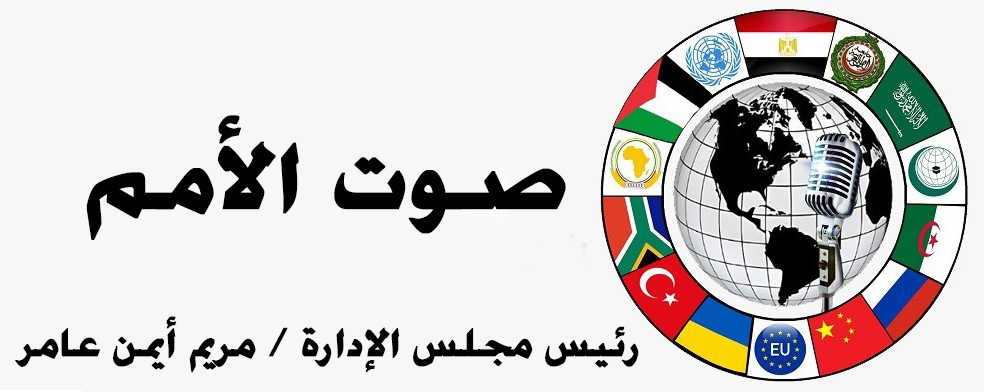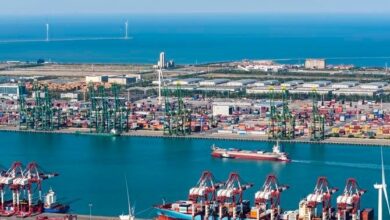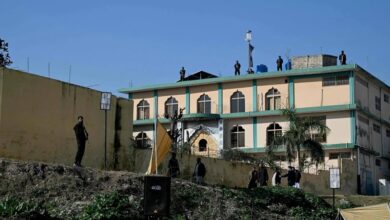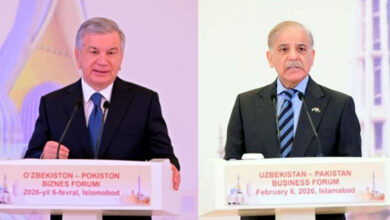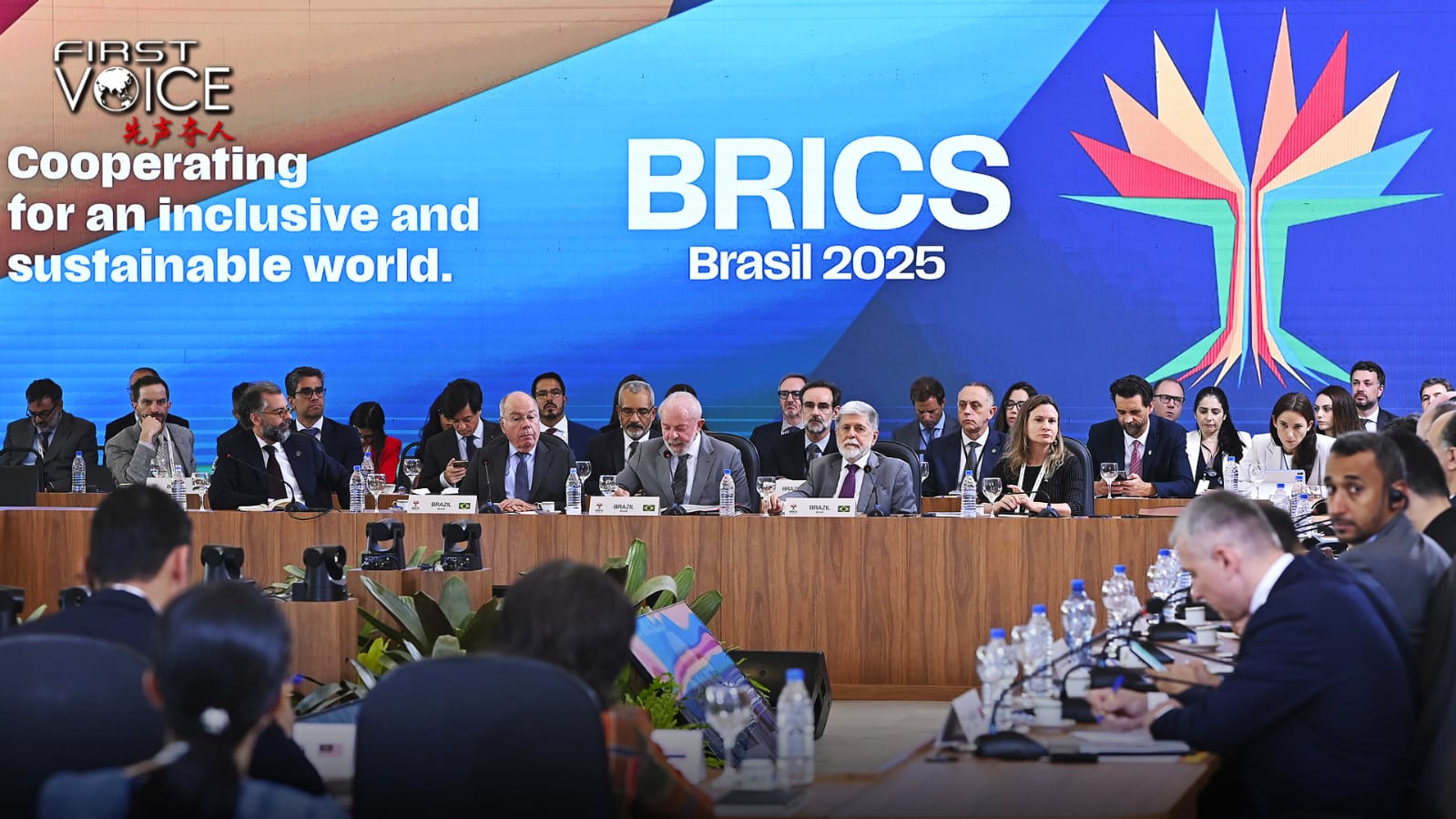
عبدالرحمن ابودوح
رحبت مجموعة البريكس بإندونيسيا كالعضو الحادي عشر بالمجموعة في بداية هذا العام واصفة أن إدراجها كقائد آخر لدول الجنوب العالمي وأكبر اقتصاد في رابطة دول جنوب شرق آسيا يضيف وزنًا جديدًا لجاذبية الكتلة.
وتضم دول البريكس حتي الآن ما يقرب من 3.3 مليار نسمة، أي أكثر من 40% من سكان العالم، بينما تمثل اقتصادات البريكس ما يقدر بنحو 37.3% من الناتج المحلي الإجمالي العالمي بناء على تعادل القوة الشرائية. وبالمقارنة، تمثل اقتصادات مجموعة السبع ما يقرب من 28.4
في عام 2001، نشر جيم أونيل، الخبير الاقتصادي في جولدمان ساكس، ورقة بحثية غيرت قواعد اللعبة، أوضحت بالتفصيل كيف أن أربعة اقتصادات ناشئة هي البرازيل وروسيا والهند والصين، على وشك إعادة تشكيل الاقتصاد العالمي في السنوات الأخيرة. بعد ذلك، أعلنت القمة الافتتاحية لقادة مجموعة البريكس في يكاترينبورغ الروسية عام 2009: “إن الحوار والتعاون بين دول البريكس لا يفضيان فقط إلى خدمة المصالح المشتركة لاقتصادات الأسواق الناشئة والدول النامية، ولكن أيضًا إلى بناء عالم متناغم يسوده السلام الدائم والازدهار المشترك”. ومنذ ذلك الحين، دأبت آلية البريكس على تحقيق هذه المهمة من نواح عديدة .
وطرح الرئيس الصيني شي جين بينغ مفهوم التعاون “الكبرى الكبرى” للكتلة في تصريحاته في قمة القادة العام الماضي في قازان بروسيا عندما شهد التكتل توسعا كبيرا في الدول الأعضاء. واقترح أن تشرع الكتلة في مهمة بناء نفسها لتصبح “قناة رئيسية لتعزيز التضامن والتعاون بين دول جنوب الكرة الأرضية وطليعة للنهوض بإصلاح الحوكمة العالمية” من خلال التركيز على خمسة مجالات عمل: الأمن والابتكار والتنمية الخضراء والحوكمة العالمية والتبادلات الشعبية.
وبينما يوشك رئيس مجلس الدولة الصيني لي تشيانغ على بدء رحلته إلى ريو دي جانيرو لحضور قمة القادة هذا العام، يتعين على المجتمع الدولي تذكير بأن التعاون في “البريكس الكبرى” أصبح أكثر أهمية لعالمنا اليوم.
تسعى دول البريكس إلى إنشاء جبهة موحدة لوجهات نظر الاقتصادات الناشئة في المؤسسات متعددة الأطراف وحاولت توجيه المزيد من الدعم لهذه الاقتصادات ، خاصة فيما يتعلق بالقضايا الجديدة الحرجة مثل المناخ والذكاء الاصطناعي. في عام 2015 ، أسس الاتحاد بنك التنمية الجديد ، أو NDB ، وهو مقرض تنمية متعدد الأطراف مقره في شنغهاي ، والذي مول العديد من المشاريع التي تتراوح من زيادة قدرة نقل الغاز الطبيعي المسال في الصين إلى تحديث أنظمة السكك الحديدية للشحن في جنوب إفريقيا. في تاريخه الممتد لعشر سنوات ، وافق بنك التنمية الوطني على قروض لما يقرب من 120 مشروعا بقيمة حوالي 40 مليار دولار أمريكي.
على الرغم من تحذيرات الاقتصاديين من الركود ، يحتفل أكبر اقتصاد في العالم الآن بفورة التعريفات الجمركية الخاصة به بينما يخلق حالة من عدم اليقين الهائل وانخفاضا كبيرا في ثقة السوق في جميع أنحاء العالم. لذلك من الملح أكثر لاقتصادات البريكس أن تتقدم إلى الأمام وتعزز دفعها نحو التعددية. ومع المزيد من التمويل لمشاريع تنمية البلدان الأعضاء بالعملات المحلية، يمكن لوكالات مثل بنك التنمية الوطني أن تقدم مكملات مفيدة وموثوقة لنظام الدولار غير المستقر.
ومع إشراك المزيد من الأعضاء وانتشارهم في المزيد من مناطق العالم، فمن المحتم أن تتولى آلية البريكس، التي كانت في البداية منصة حوكمة عالمية، المزيد من المسؤوليات، خاصة في مجال الأمن. فيما يتعلق بالأزمة الأوكرانية ، شكلت الصين والبرازيل ودول أخرى متشابهة في التفكير في جنوب الكرة الأرضية في عام 2024 مجموعة “أصدقاء السلام” للعمل من أجل إنهاء الحرب في أوكرانيا. حظي توافق الآراء المكون من ست نقاط الذي قدمته الصين والبرازيل بشأن الأزمة الأوكرانية في نفس العام بدعم العشرات من دول الجنوب العالمي.
إضافة إلى الأزمة الأوكرانية، لا تزال الحرب بين إسرائيل وحماس مستمرة بينما لا يزال وقف إطلاق النار الإسرائيلي الإيراني هشا. ما يجعل الأمور أكثر مأساوية هو أن النقاش الدولي الحالي بالكاد يركز على احترام سيادة دولة ما ، ولا على ملايين الأرواح المدنية التي فقدت خلال الحروب. مع وجود أصحاب مصلحة إقليميين مهمين مثل مصر والإمارات العربية المتحدة والمملكة العربية السعودية في الكتلة، يجب على آلية بريكس أن تساعد في تحقيق المزيد من الاستقرار في القضايا الأمنية في الشرق الأوسط.
وتعد بريكس لا شك في أن أهم منصة للتضامن والتعاون بين الأسواق الناشئة والدول النامية في العالم اليوم. من المهم للمنظمات متعددة الأطراف ، مثل بريكس ، أن تتطور وتعيد وضع نفسها في ظل الجغرافيا السياسية العالمية المتغيرة باستمرار. يدعو العالم اليوم إلى “عظمى البريكس”، ومن خلال تجديد مهمتها، ستستمر آلية بريكس في الازدهار.
BRICS welcomed its 11th member at the beginning of this year: The inclusion of Indonesia as just another leader of Global South countries and the largest economy in the Association of Southeast Asian Nations brings new weight to the appeal of the bloc.
BRICS countries are now home to roughly 3.3 billion people, i.e. over 40 percent of the global population, while the BRICS economies account for an estimated 37.3 percent of global gross domestic product based on purchasing power parity. In comparison, the G7 economies account for roughly 28.4 percent.
In 2001, Goldman Sachs economist Jim O’Neill published a game changing paper that detailed how four emerging economies — Brazil, Russia, India and China — were set to reshape the global economy in the coming years. Following that, the inaugural BRIC leaders summit in Russia’s Yekaterinburg in 2009 declared: “The dialogue and cooperation of the BRIC countries is conducive not only to serving common interests of emerging market economies and developing countries, but also to building a harmonious world of lasting peace and common prosperity.” In many ways, the BRICS mechanism has been fulfilling that mission ever since.
Chinese President Xi Jinping brought about the concept of “greater BRICS” cooperation for the bloc in his remarks at last year’s leaders’ summit in Kazan, Russia, when the bloc saw a major expansion of member nations. He suggested the bloc embark on the task of building itself into “a primary channel for strengthening solidarity and cooperation among Global South nations and a vanguard for advancing global governance reform” by focusing on five areas of work: security, innovation, green development, global governance and people-to-people exchanges.
As Chinese Premier Li Qiang is about to begin his trip to Rio de Janeiro for this year’s leaders’ summit, the international community needs to be reminded that “greater BRICS” cooperation is becoming more relevant for our world today.
Picture shows the headquarter of the New Development Bank in Shanghai, China, October 2nd, 2024. /CFP
BRICS countries have been seeking to establish a united front of emerging economy perspectives in multilateral institutions and have tried to channel more support to these economies, especially on critical new issues like climate and artificial intelligence. In 2015 the bloc founded the New Development Bank, or NDB, a multilateral development lender based in Shanghai, which has funded various projects ranging from increasing liquified natural gas transportation capacity in China to modernising freight rail systems in South Africa. In its ten years’ history, the NDB has approved loans for roughly 120 projects worth around 40 billion U.S. dollars.
Despite warnings of a recession from economists, the world’s biggest economy is now celebrating its own tariff spree while creating enormous uncertainty and a huge slide in market confidence around the world. It is therefore even more urgent for BRICS economies to step forward and enhance their push for multilateralism. And with more funding for member country development projects in local currencies, agencies like the NDB can bring useful and reliable supplements to the precarious dollar system.
With more members included and spread in more regions of the world, it is inevitable that the BRICS mechanism, initially a global governance platform, takes on more responsibilities, especially in the area of security. On the Ukraine crisis, China, Brazil and other like-minded countries of the Global South formed in 2024 the “Friends for Peace” group to work towards ending the war in Ukraine. The six-point consensus presented by China and Brazil on the Ukraine crisis in the same year won support from dozens of Global South countries.
Adding to the Ukraine crisis, the Israel-Hamas war is still ongoing while the Israel-Iran ceasefire remains fragile. What makes things all the more tragic is that the current international debate is scarcely focused on respecting a nation’s sovereignty, nor on the millions of lost civilian lives during the wars. With important regional stakeholders like Egypt, the UAE and Saudi Arabia in the bloc, the BRICS mechanism should and can help bring more stability to Middle Eastern security issues.
BRICS is undoubtedly the most important platform for solidarity and cooperation among emerging markets and developing countries in the world today. It is important for multilateral organizations, such as BRICS, to evolve and reposition themselves under the ever-changing global geopolitics. The world today calls for “greater BRICS,” and by renewing its mission, the BRICS mechanism will continue to thrive.
